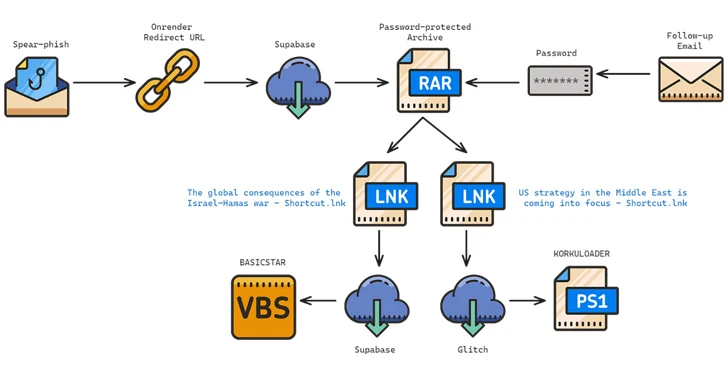The Android banking trojan Anatsa has expanded its reach to include Slovakia, Slovenia, and Czechia, demonstrating the capability to bypass restricted settings for accessibility service in Android 13.
Cybercriminals are using ad tools to track and optimize their malware campaigns, making their lures more convincing and increasing the likelihood of users falling victim to the attacks.
Recent cyberattacks on Japanese entities, such as the Ministry of Foreign Affairs and aerospace agency JAXA, underscore the persistent threat posed by Chinese hackers to Japan’s security and economy.
A Russia-linked hacking group, Winter Vivern, exploited a vulnerability in the Roundcube webmail server to spy on government and military agencies in Europe and Iranian embassies in Russia, indicating a significant cybersecurity threat.
The stolen data includes confidential records, employee documents, customer information, and configuration settings related to services such as OpenAI and Twilio, posing a significant threat to the company and its clients.
Mark Sokolovsky, a Ukrainian national, has been extradited to the United States to face criminal charges related to his involvement in the Raccoon info stealer malware-as-a-service operation.
Charming Kitten’s phishing attacks involve social engineering tactics, compromised email accounts, and the distribution of various backdoors, demonstrating their commitment to surveillance and malware deployment.
SolarWinds has patched critical vulnerabilities in its Access Rights Manager (ARM) and (Orion) Platform that could allow attackers to execute code, emphasizing the importance of promptly updating to the fixed versions.
The Alpha ransomware operation appears to be linked to the previously inactive NetWalker ransomware, suggesting a potential revival or acquisition of the original payload.
The information disclosure vulnerability, known as CVE-2020-3259, is being exploited by the Akira ransomware group to compromise susceptible Cisco Anyconnect SSL VPN appliances.









